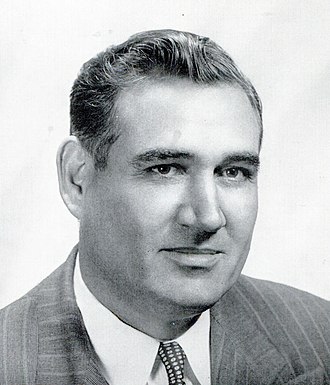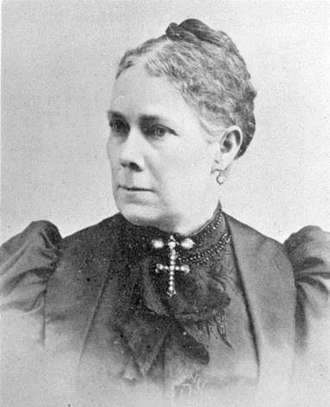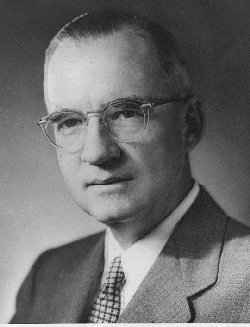Folsom Last Name Origin, History, and Meaning
Where did the surname Folsom come from? What does the surname Folsom mean? Discover the history and meaning of the last name Folsom and family migration on YourRoots Map.
Surname Folsom Origin: What does the last name Folsom mean?
The surname Folsom originates from England, first appearing in records in the early 16th century. The name is believed to have started growing significantly in England during the early 17th century and continued to thrive in the United States from the 18th to the 19th centuries. By the 20th century, the volume of records with the Folsom surname grew significantly in the United States, where it remains prominent today.
Folsom Last Name History: Where did the last name Folsom come from?
Origin of Folsom Surname: Where does the last name Folsom originate from?
According to YourRoots data, the surname Folsom first appeared in records from England around the early 16th century. Please note that this reflects only YourRoots data for the exact Folsom spelling and does not include other record sources or surname variations.
History of the Last Name Folsom: What does the Folsom surname history look like in the early days?
The Folsom surname started growing significantly in England during the early 17th century and continued to thrive in the United States from the 18th to the 19th centuries.
Global Spread: Where can we find the Folsom surname today?
By the 20th century, the volume of records with the Folsom surname grew significantly in the United States. The Folsom surname remains prominent in the United States.
Explore Folsom last name heritage and Folsom surname origin based on YourRoots Map data
 VIEW THE ORIGIN OF SURNAME FOLSOM
VIEW THE ORIGIN OF SURNAME FOLSOMFamous People With Folsom Surame?

Jim Folsom
James Elisha Folsom Sr. (Oct 9, 1908 – Nov 21, 1987), better known as Jim Folsom or Big Jim Folsom, was a prominent American politician who served as the 42nd governor of Alabama. He was a progressive leader, advocating for civil rights and racial integration during a time of segregation in the South. Folsom's colorful campaigns and controversial personal life made him a memorable figure in Alabama politics. Despite facing scandals and challenges, he was re-elected for a second non-consecutive term, leaving a lasting impact on the state's governance and history.

Harriet Amelia Folsom
Harriet Amelia Folsom Young (Aug 23, 1838 – Dec 11, 1910) was a prominent figure in the Church of Jesus Christ of Latter-day Saints and a cultural and political leader in Salt Lake City, Utah. She was the fifty-first plural wife of Brigham Young, the church's second president. Known for her musical talent, Folsom was an accomplished pianist and vocalist. Despite not having children with Young, she was his most prominent female companion and maintained good relations with his other wives and children. Folsom was often referred to as Young's "favorite wife" and was associated with the Gardo House, known as "Amelia's Palace," a grand residence built for entertaining dignitaries.

Marion B. Folsom
Marion Bayard Folsom (November 23, 1893 – September 27, 1976) was an American government official and businessman. He served as the U.S. Secretary of Health, Education and Welfare from 1955 to 1958 under President Dwight D. Eisenhower. Folsom was instrumental in the creation of the present Social Security program and played a key role in shaping federal tax policy. His innovative ideas on private unemployment insurance and worker benefits left a lasting impact on American social welfare policies. Folsom's dedication to public service and business acumen earned him a prominent place in American history.

Allan Folsom
Allan Reed Folsom (December 9, 1941 – May 16, 2014) was an American screenwriter and novelist best known for his gripping thrillers. Born in Orlando, Florida, Folsom's debut novel, "The Day After Tomorrow," shot to #3 on the New York Times bestseller list and sold over 1.2 million copies. His works, including "Day of Confession" and "The Machiavelli Covenant," captivated readers with their fast-paced plots and intricate storytelling. Folsom's legacy lives on in the world of suspense fiction, leaving behind a thrilling literary footprint for fans to enjoy.

Nathaniel Folsom
Nathaniel Folsom (September 28, 1726 – May 26, 1790) was an American merchant, statesman, and military leader during the Revolutionary War. He was a delegate for New Hampshire in the Continental Congress and served as a major general of the New Hampshire Militia. Folsom was born into a large family in Exeter, New Hampshire, with ancestors who were among the earliest settlers of the area. He was involved in various business ventures, including timber and lumber operations. Folsom married twice and had several children. He played a significant role in the military and political spheres of his time, contributing to the cause of Independence.
All images displayed on this page are sourced from Wikipedia or Wikimedia Commons.We use these images under their respective Creative Commons or public domain licenses. Wherever applicable, author attributions and license information are provided. If you believe an image is used incorrectly or outside its license terms, please contact us so that we can review and correct the issue.




.png)